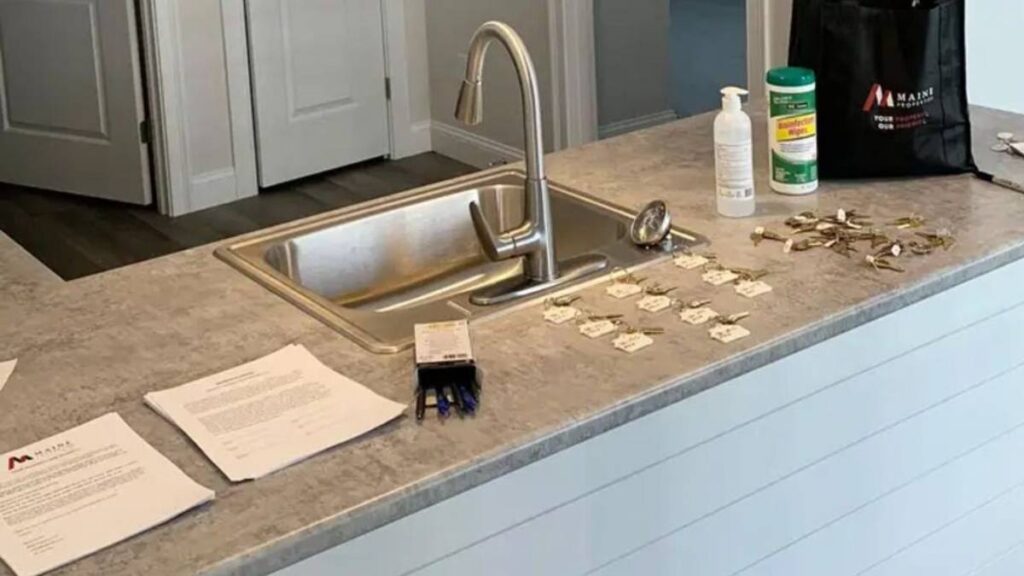The said housing complex cost a whopping $13 million to construct and consists of 60 apartment units. Taxpayers in the Brunswick suburb of Maines were particularly displeased that migrants are getting better treatment than locals.
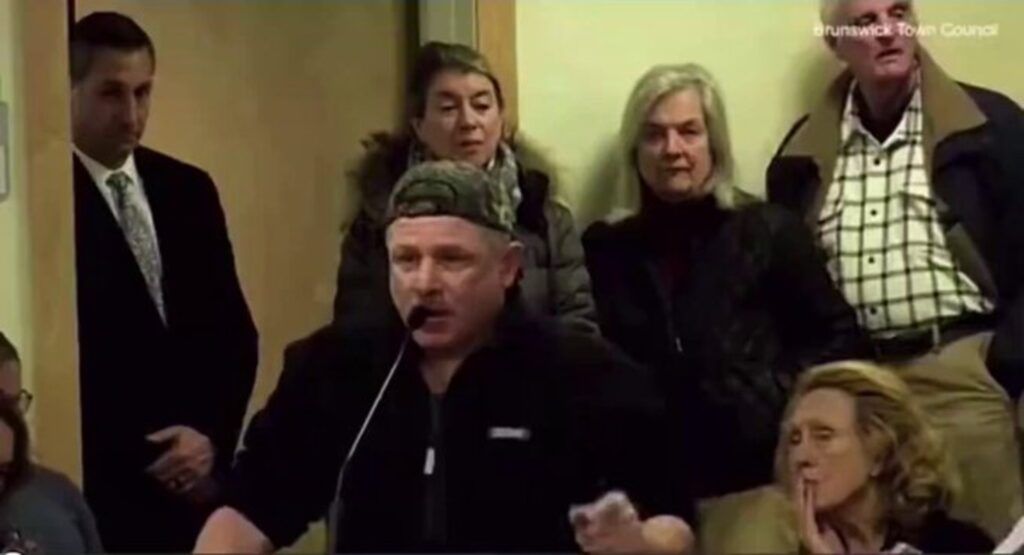
According to the protestors, Brunswick is already experiencing house shortages and rent hikes. So, they find it absurd that the authorities are giving migrants priority.
The Government Milking Residents of Brunswick Dry?
The fund for this project is indeed from a private-public financial stimulus. Still, knowledge of this was not enough to quell the displeasure of residents.
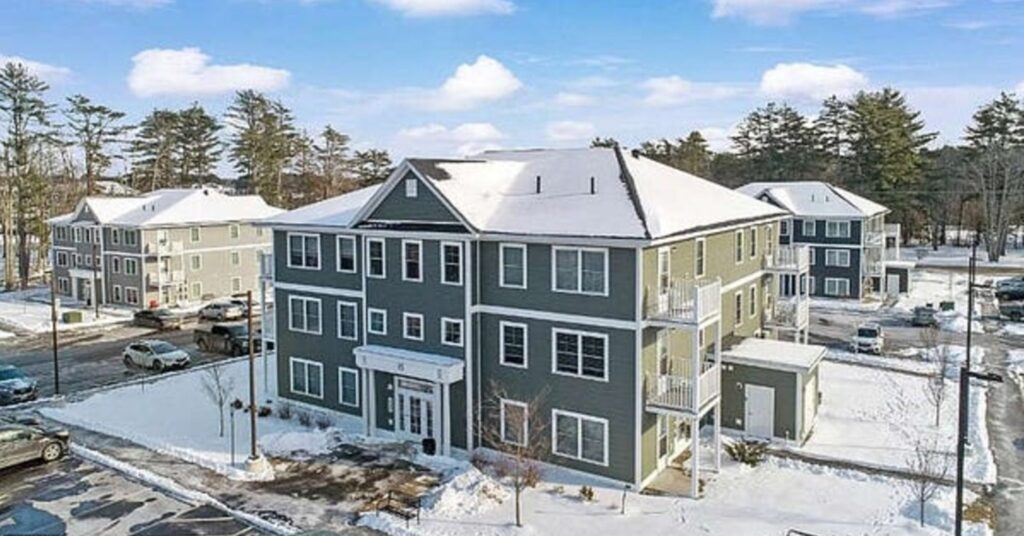
Donald Trump Jr. has also lent his voice to the exclusive treatment being handed out to migrants in the Brunswick community of Maine. Locals have nicknamed the building complex the “Taj Mahal” of asylum seekers.
Cost of Rent is Quite Hefty for Unemployed Asylum-seekers
The building complex project currently underway in Brunswick has 180 apartments available for rent. This is where the local backlash is coming from.
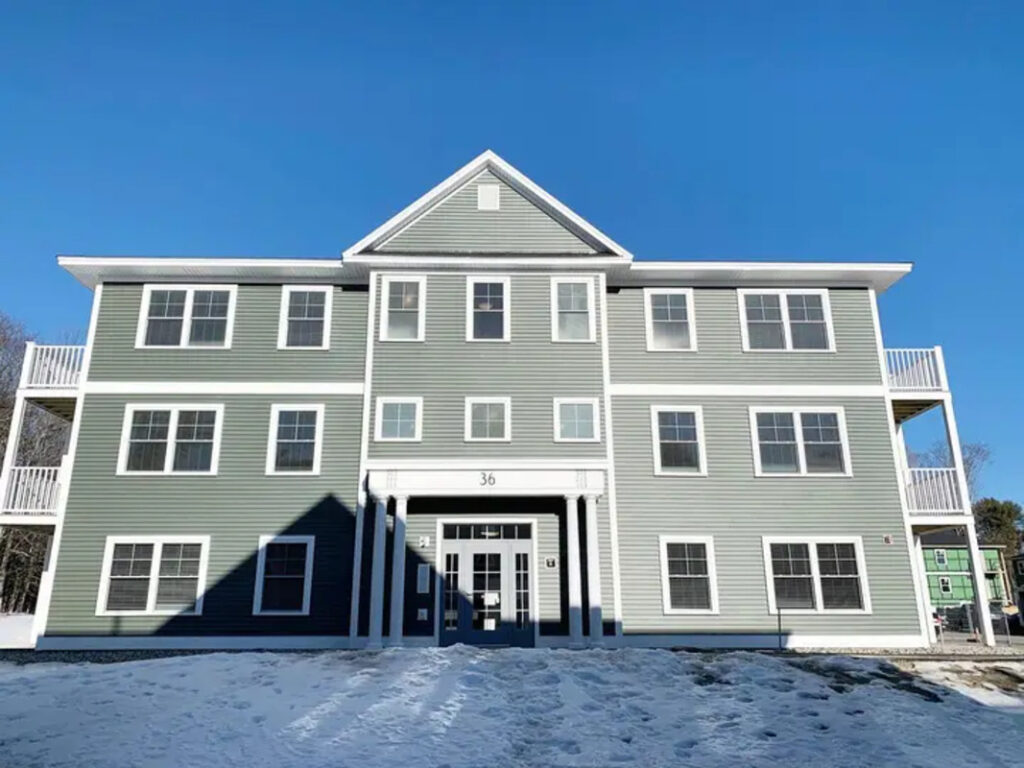
The 180 apartments are available for rent to anyone who shows interest. A two-bedroom unit in the complex costs $2,300 per month, while a one-bedroom unit takes $1,800 of renters’ income every month.
A Game Plan to Help Out Home Renters
On the contrary, the program only intends to accommodate asylum seekers in the housing complex for only two years. Authorities project that it may take that long for an asylum seeker to obtain a work permit.
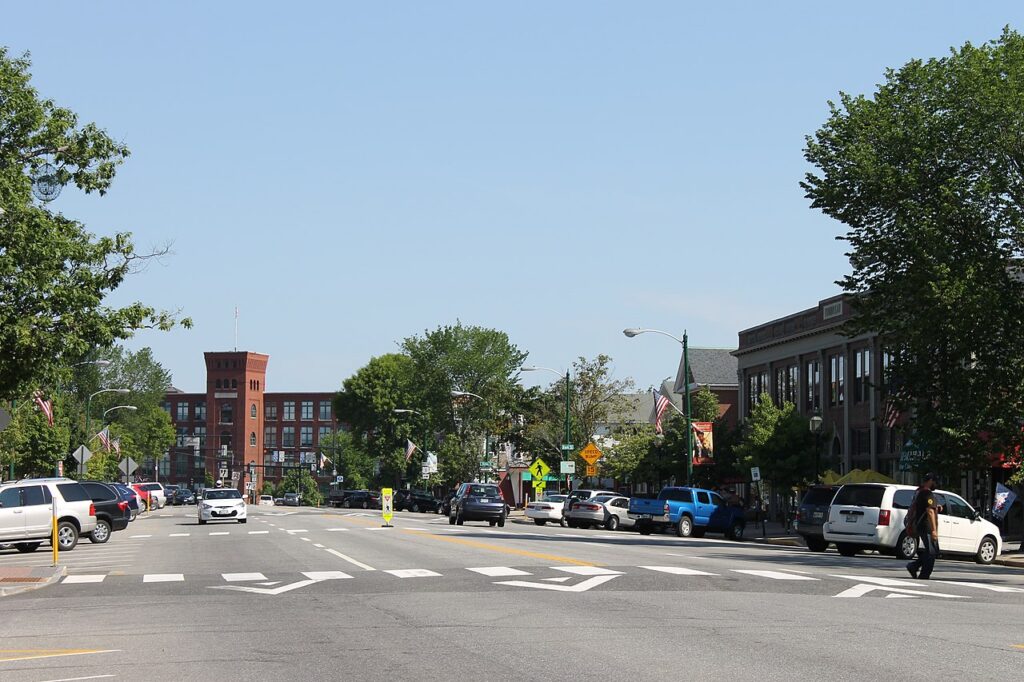
So, after the migrants successfully secure employment, they will have to pay just a fraction of the actual rent.
Waivers are Available for Migrants
In a breakdown of the rent waiver, local authorities explain that how much migrants get to pay as rent after the two years depends on their annual income.
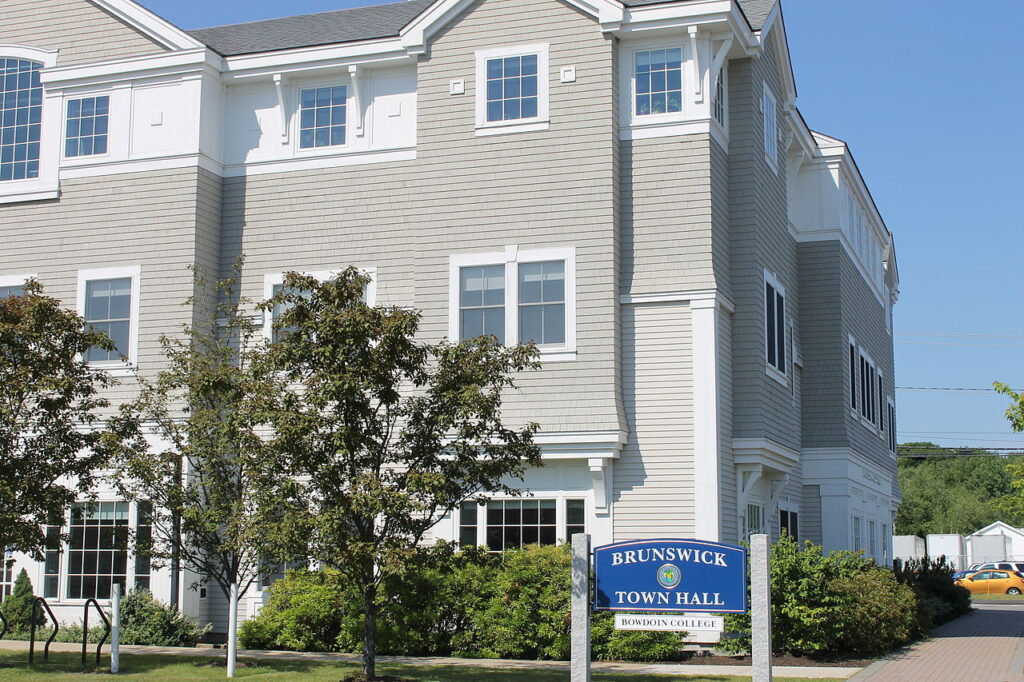
The average local salary in Brunswick is $60,000. So, if a migrant earns up to half of that after the two-year waiver, they would be required to pay $690 for a two-bedroom unit and $500 for a one-bedroom unit.
Locals are Not Taking the Development Lying Down
George Bernier, Lisa Trombley, and other Brunswick residents have staged rallies to publicly criticize local authorities’ methods of providing housing in the area.
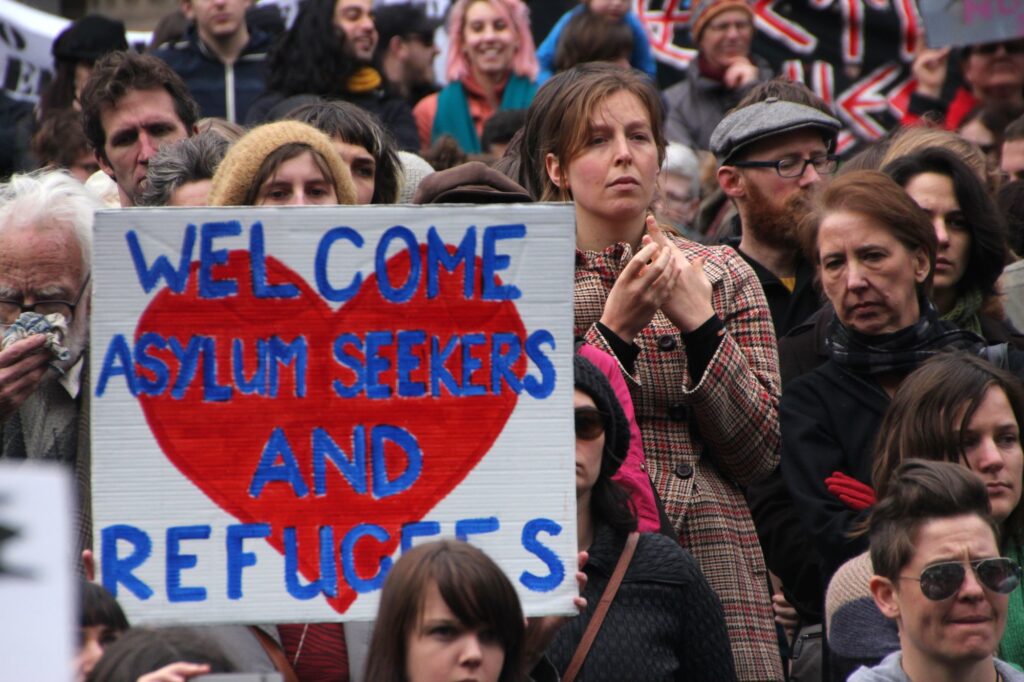
In their opinion, the government is giving way too much priority to asylum seekers relative to locals who are struggling to gain access to cheap housing facilities.
A Private-Public Approach to Housing Provision
Local investigations into the funding of the building complex project revealed that Maine Housing, the state’s housing authority, is a major stakeholder.
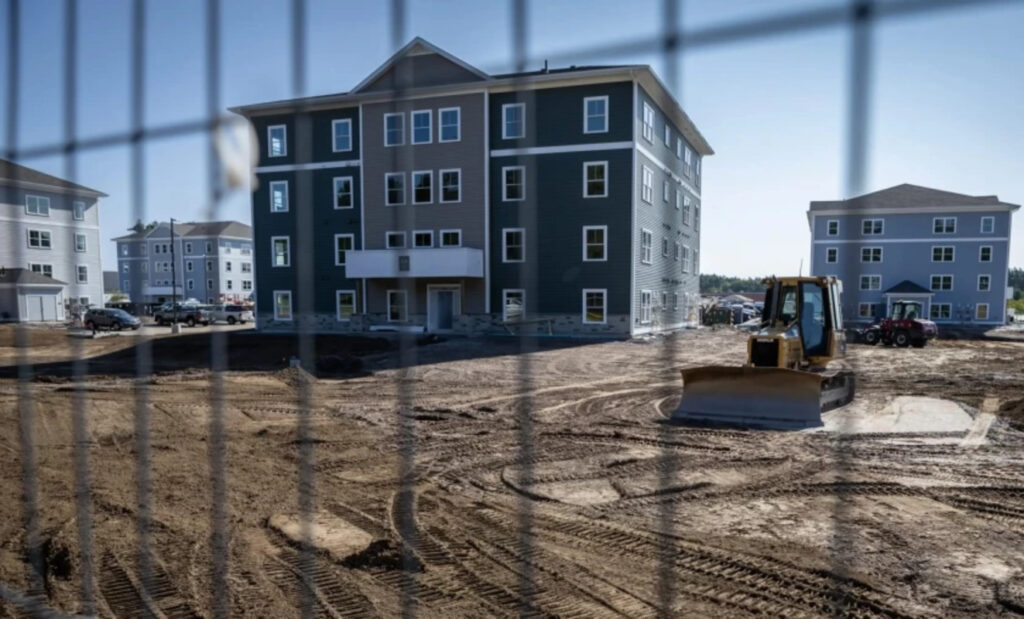
Likewise, locals discovered that MaineHousing seeded the project with $6 million, while the balance was privately sourced from a development company based in Portland. Also, residents note that the completed units consist of lavishly furnished apartments.
Expensive Efforts to Get Migrants Off the Street
Another eyebrow-raiser is the $2 million MaineHousing is alleged to have set aside as a subsidy for the two years of initial rent waiver for migrants.
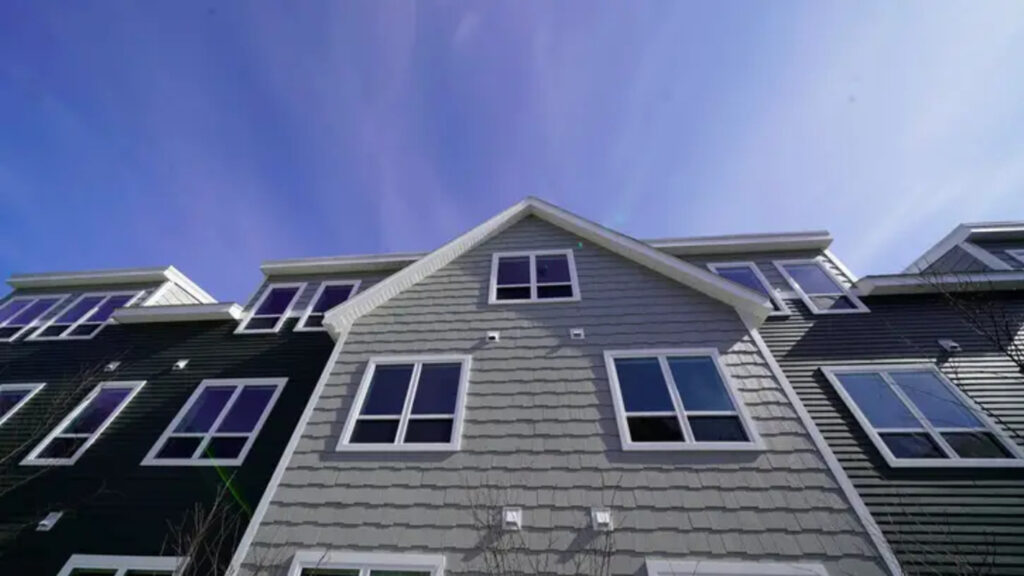
However, reporters’ investigations revealed that not all locals were totally against the scheme to accommodate stranded migrants. Some Brunswick locals are even raising funds via GoFundMe to furnish the units earmarked for asylum seekers.
Challenging Council Members About Their Complicity in the Hoax
So far, the protesting locals have clarified their displeasure, stating at a February 20 council meeting that the handouts being given to migrants are unfair. In their opinion, impoverished residents should be catered for first before attending to the welfare of asylum seekers.
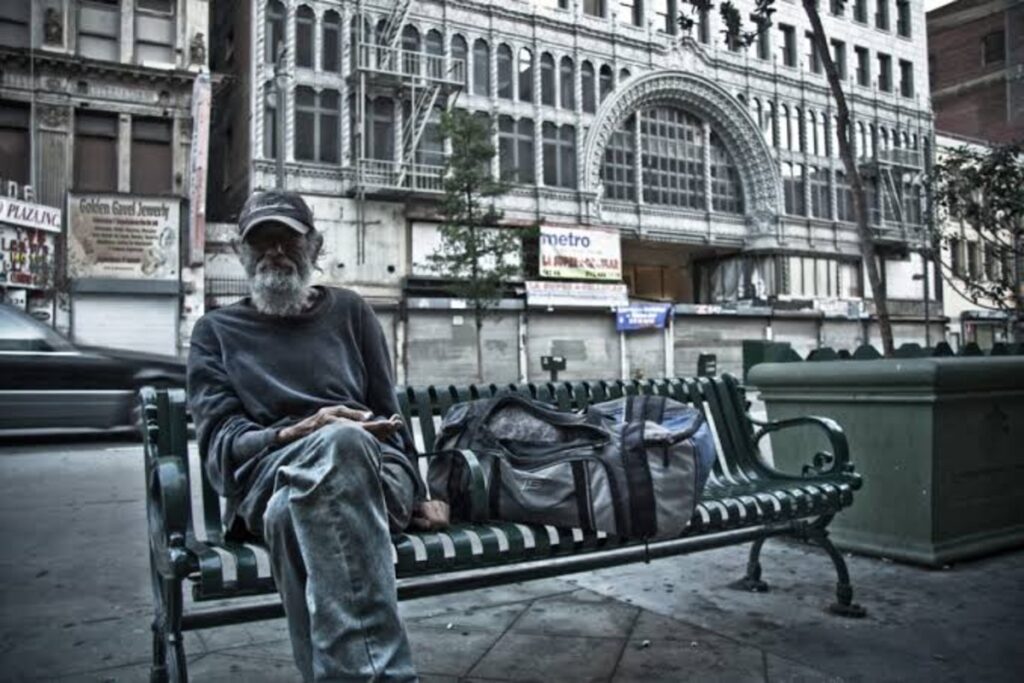
“You have all these houses being built. That’s discrimination, in my eyes,” George Bernier said at the council meeting.
Locals Voice Their Displeasure
According to Bernier, the initiative is void of logic because authorities are neglecting the vulnerable locals and are giving migrant guests what he calls a “red carpet treatment.”
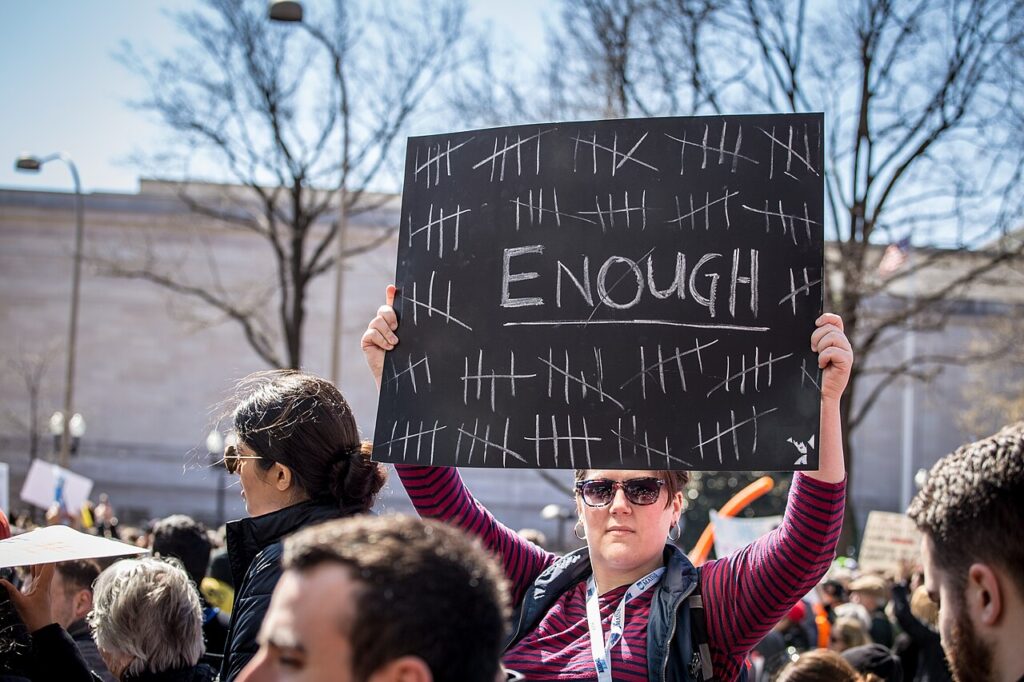
During his council address, Bernier also asked the following questions: “Am I too white? Is that what it is? What’s the discrimination factor? How can we give housing to anyone other than our Brunswick residents first?”
Charity at the Expense of the Home
Another Brunswick resident, Lisa Trombley, also voiced her opinion during the local council meeting. According to her, “If we don’t have a plan to take care of the residents, we shouldn’t be inviting them (migrants) to come. No matter where they are coming from, we can’t afford to do it.”
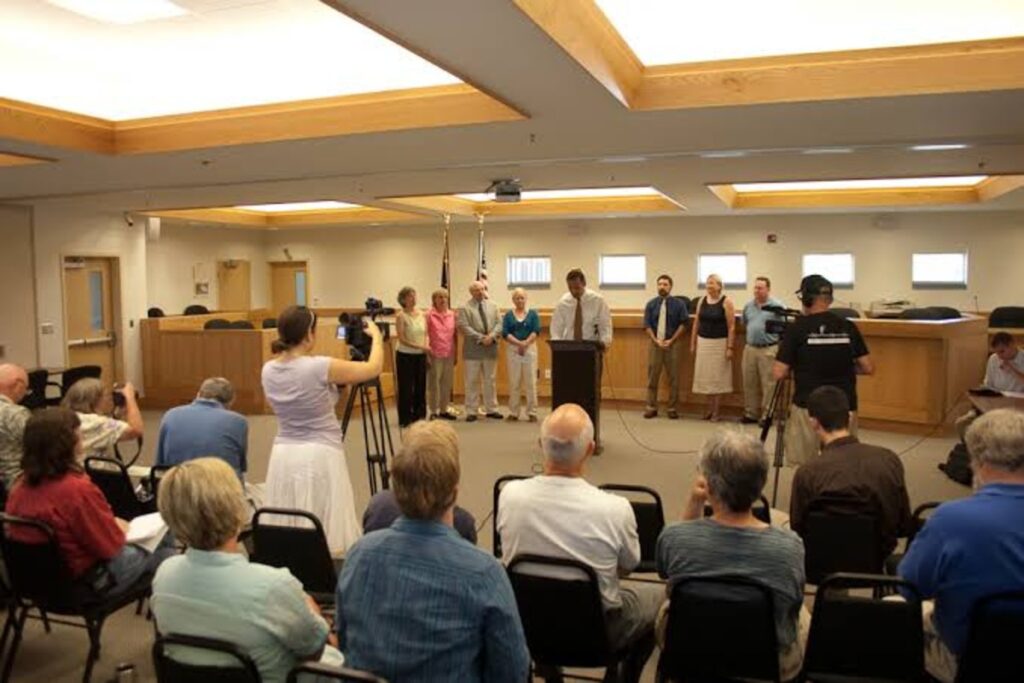
The Brunswick housing units were constructed with asylum seekers in mind as the chief beneficiaries.
Local Authorities State that There’s No Foul Play
The authorities have touted a breakdown of the housing plan and its aims. While it is true that the rent waiver would run for two years, most asylum seekers’ applications should be granted in six months.
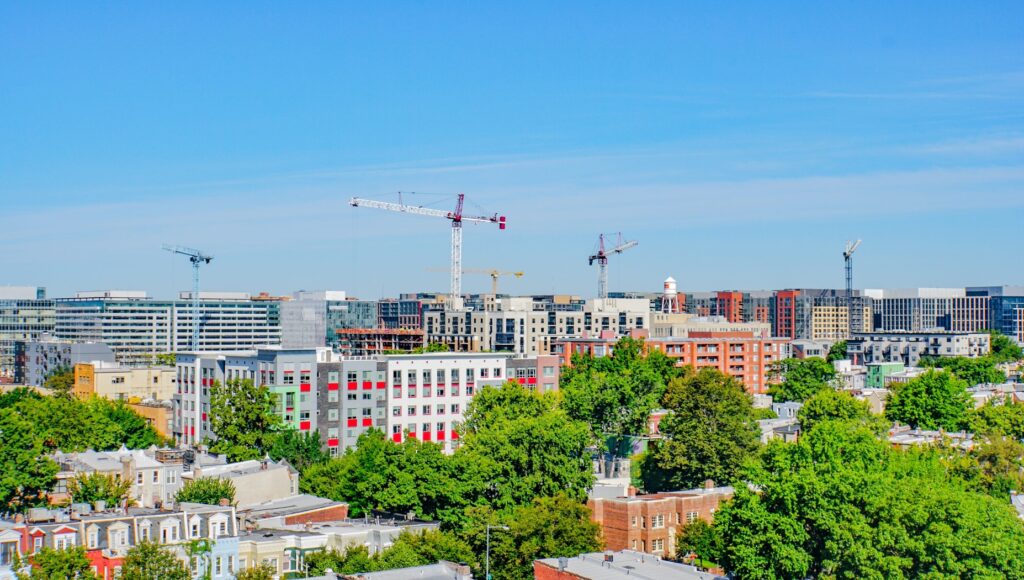
So, two years is just a foolproof method of accommodating outliers who may be unable to secure employment after a full year.
Giving Migrants a Shot at Livelihood
When the migrants eventually get a job and start earning a minimum of 50% of the local rates, they will be required to pay 30% of the rent amount. According to SalaryExpert, Brunswick’s average income is $54,744 per annum or $28.72 per hour.

By implication, only migrants earning $29,872 per annum will be required to pay the fractional rent.
What Happens After the Period of Grace?
After the lapse of the two years, during which Maine Housing would subsidize or waive migrants’ rent, there are speculations that the housing complex would revert to charging market rates.
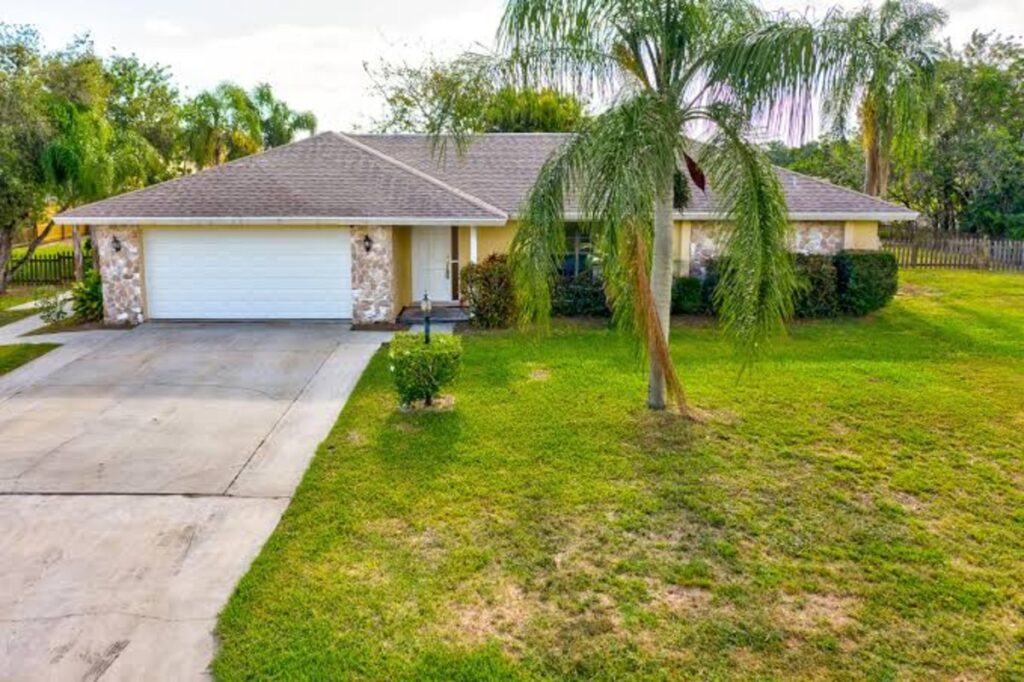
However, this is not set in stone, as some locals feel the state may indefinitely continue the scheme by turning the housing complex into an affordable housing scheme.
Locals Still Grapple With Insufficient Housing
Most locals’ pain point about the Maine Housing project is that the town has made major budget cuts and stalled several proposed projects.
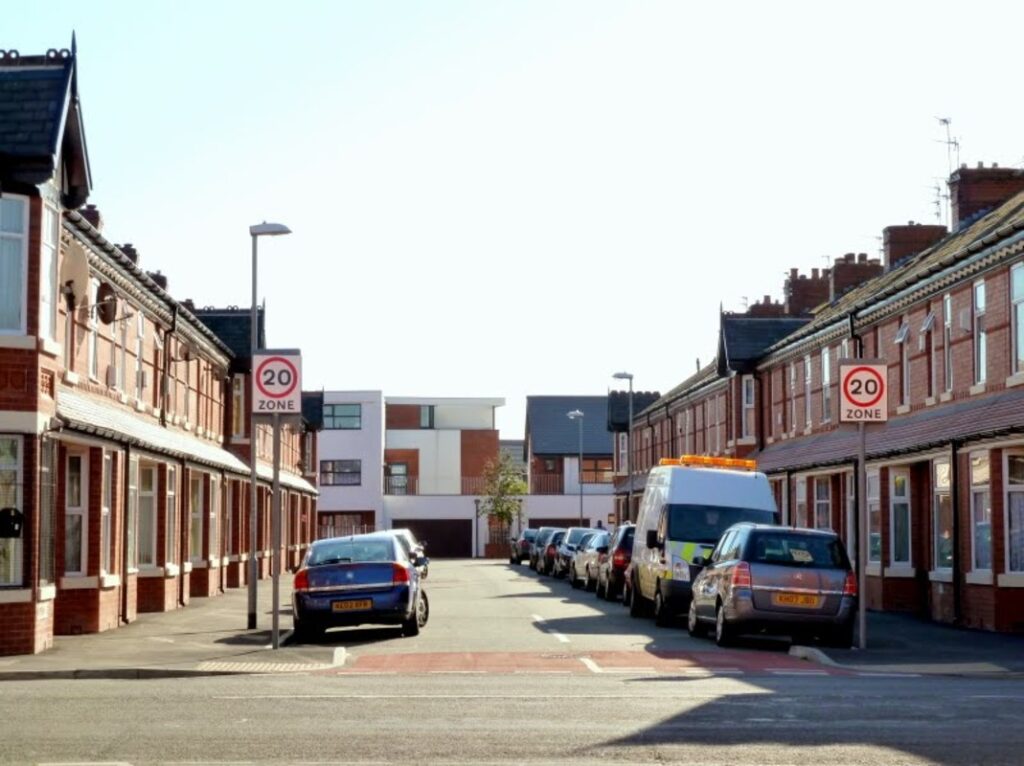
Meanwhile, the state has decided to ignore these local projects and has given migrants priority, seemingly leaving residents struggling to find housing at a disadvantage. The cost of home construction has been on the high side since the onset of the pandemic.
Developers Prefer Profitable Markets
So, investigations revealed that developers have found constructing housing units in the area unprofitable, all thanks to the costs involved. Hence, Brunswick residents have been at the receiving end of a biting house crunch.
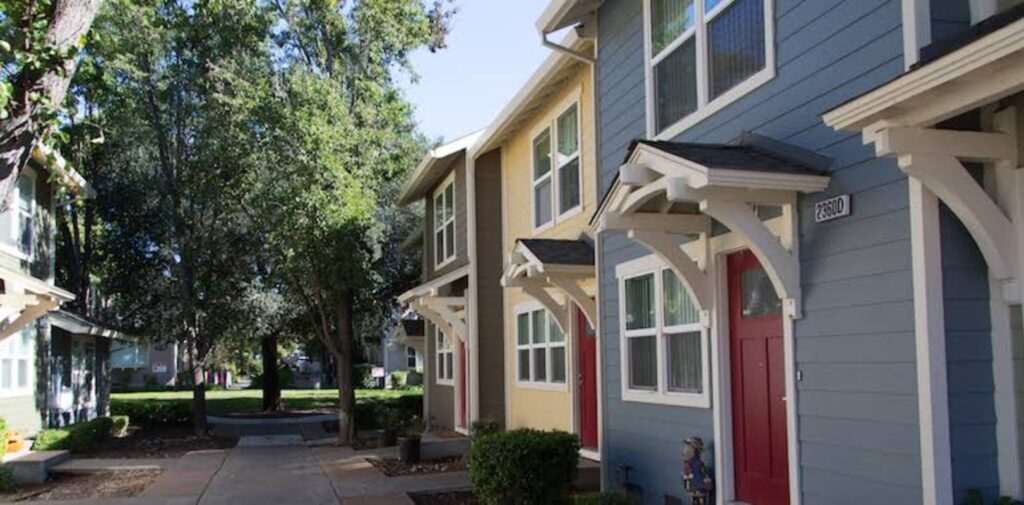
According to listings by Zillow, the average home in Brunswick costs a whopping $452,329. This value is said to be 10% higher than prices from 2023.
Pressured into Making a Statement
To clear the air, the Brunswick town council has released an official statement to quell the backlash from the town’s residents.
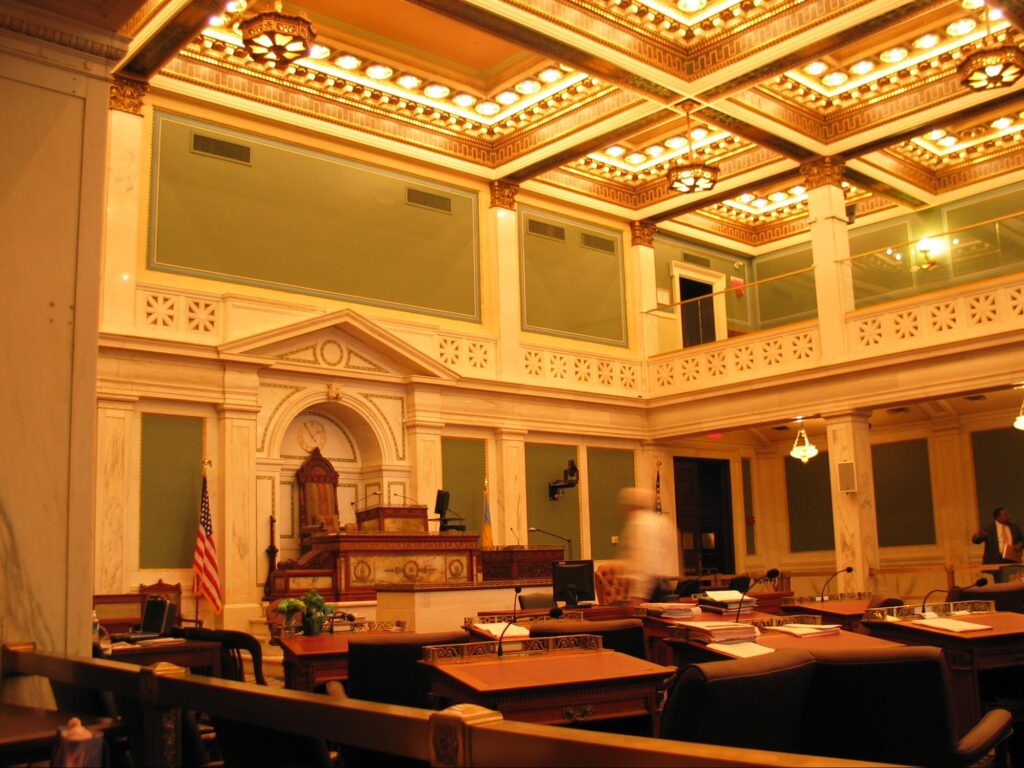
The memo clarifies that not a cent of Brunswick’s taxpayer money will fund the Maine Housing project. However, $70,000 of private donations has gone toward furnishing the apartments.
Brunswick Local Council Claims Partial Ignorance
The memo read in part, “Although the Town of Brunswick did not initiate this project and is not paying to subsidize these units, it did coordinate a community-based fundraising effort to purchase furnishings for the apartments.”
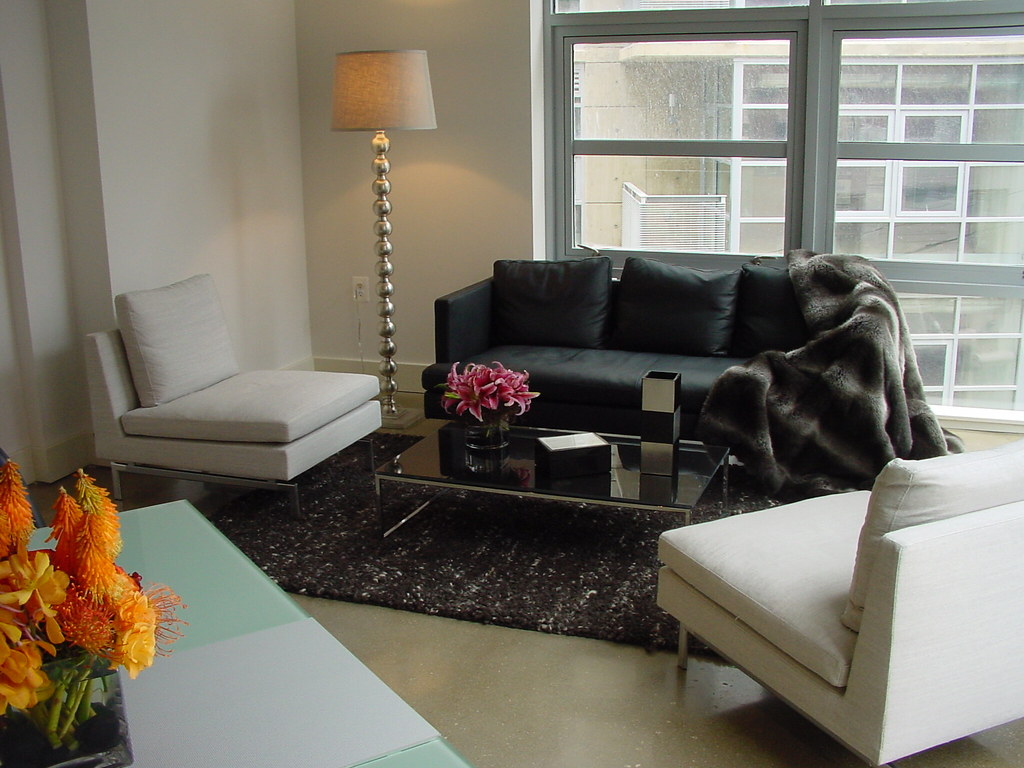
The memo goes further to explain that MaineHousing did not provide details of the rent payment regime until the migrant families started moving in.
How the Project Initially Started Off
Brunswick Council Chair Abby King also made similar statements during a recent interview. According to Abby, the scheme was not designated for asylum seekers as the original developers were seeking approval from the local planning board at the time.

However, the complex’s purpose as a migrant accommodation facility was unveiled after MaineHousing and Developers Collaborative bought the property from the initial builders.
Donald Trump Jr. Fronts the Bandwagon
The MaineHousing project in Brunswick received national attention after Donald Trump Jr. openly criticized the motives that inspired the scheme.

Trump Jr. publicly criticized the many failings of the sitting government during a campaign event for his father in New Hampshire.
Trump’s Public Assertions About the Brunswick Project
During the campaign event, Trump Jr. erroneously claimed that the US government was accommodating illegal immigrants and that these asylum seekers were not contributing towards the expense of their housing.

To quote his words, Trump Jr. said, “Up in this part of the world, and up in Maine, they are giving illegal immigrants free housing — multi-million dollar free housing, while they’re kicking out veterans in the street.”
An Explosion of Migrant Population
With a local population of approximately 1.3 million, Maine has struggled with the recent influx of migrants into the state. In Portland alone, city officials said they had to take responsibility for 1,600 new asylum seekers in 2023.
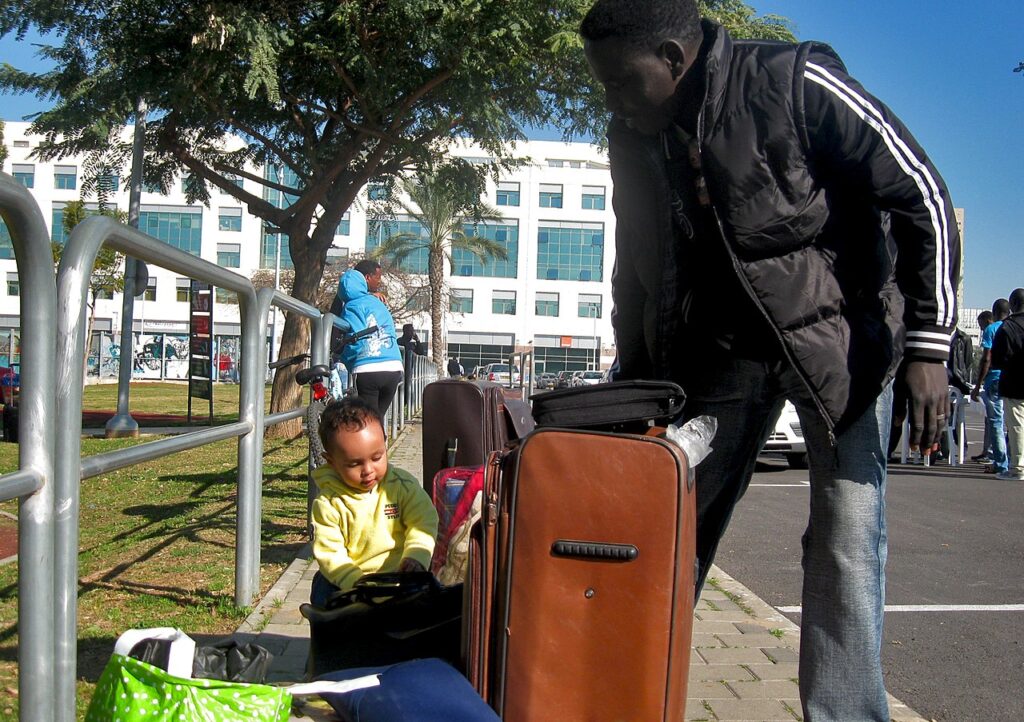
So, city councils have been at a loss to determine how to provide accommodation for asylum seekers with minimal drain on taxpayers’ money.
The Apartments are Not Free For All
Per the Brunswick housing complex, the asylum seekers are screened thoroughly and allotted to those with the most potential of contributing gainfully to the economy.
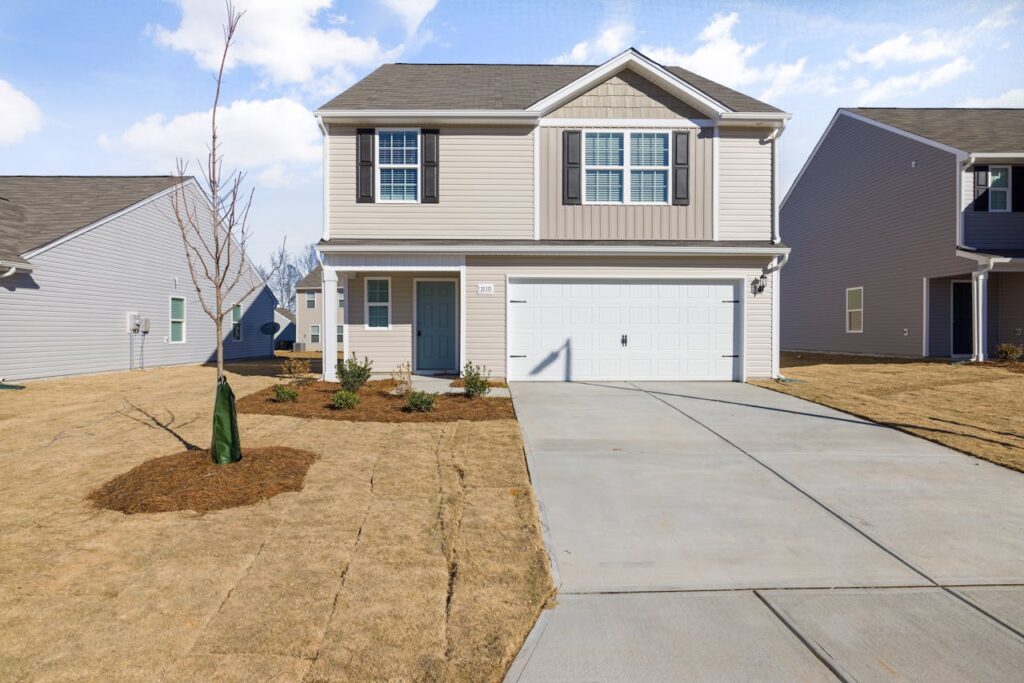
So far, there are 23 families already living within the facility, and the opportunity to have a roof of their own has become a lifeline to the concerned individuals.
Life-changing Initiative for Migrants
According to the account of one of the benefiting migrants, simply identified as Esther, securing that accommodation was a life-changer for her. Esther is from Nigeria, and since she arrived in the US, she has been made to hop between multiple hotels and shelters.
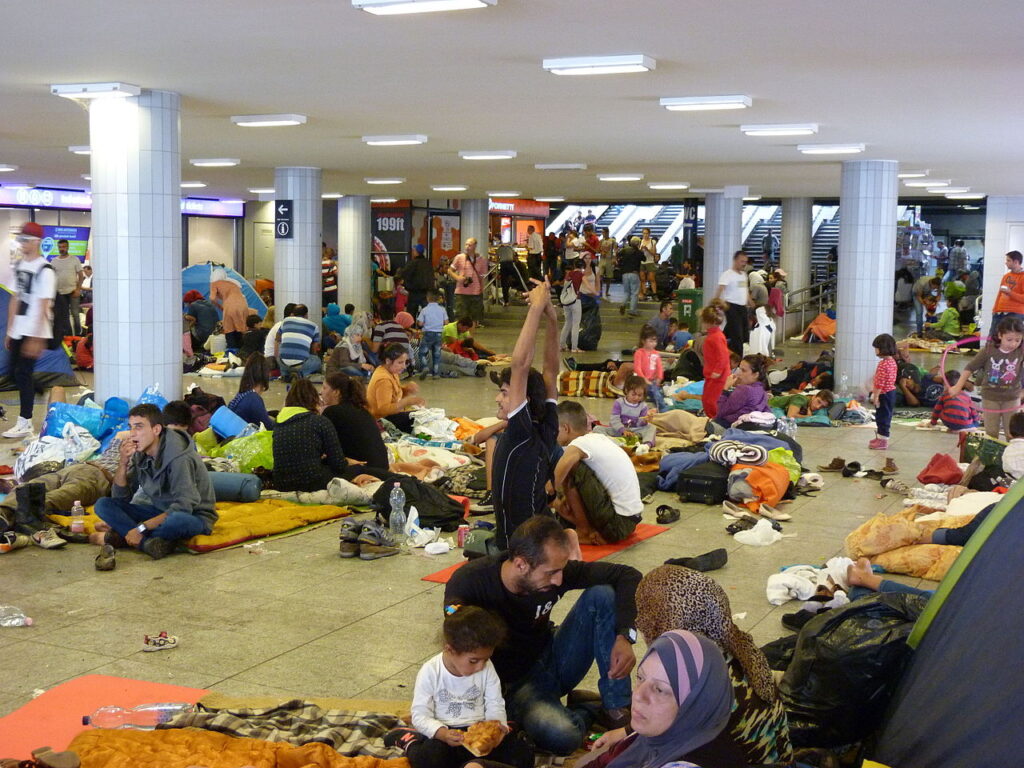
She explained that living under those conditions strips one of privacy, as one has to share virtually every portion of resources available in migrant shelters. In addition, hotels have truckloads of rules that migrants need to live by.
Misinformation Can Stir Unrest
Interestingly, contrary to public outcry that states like Maine are spending taxpayer money heavily on providing shelter for asylum seekers, MaineHousing has stepped forward to discredit this assertion.

According to Scott Thistle, a spokesperson for MaineHousing, less than 3 percent of the $1.24 billion allocated to the agency in the past two years has gone into specific housing for asylum seekers.

